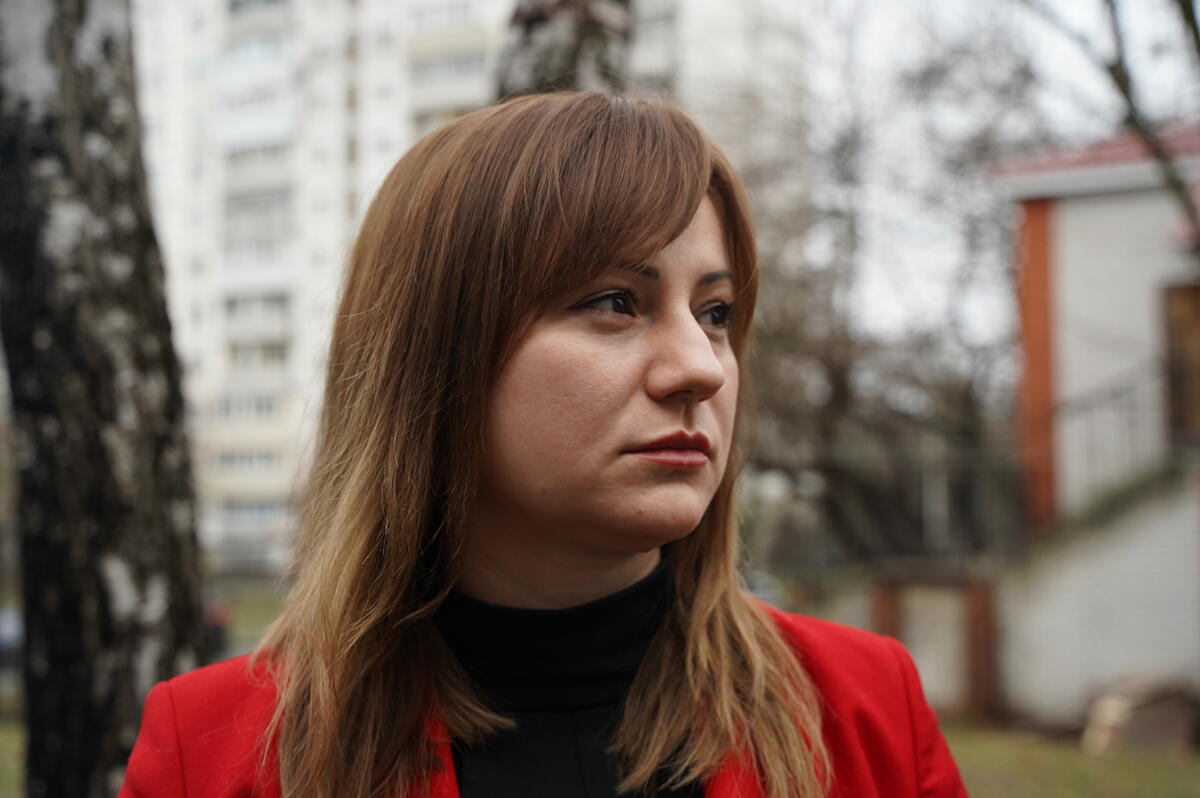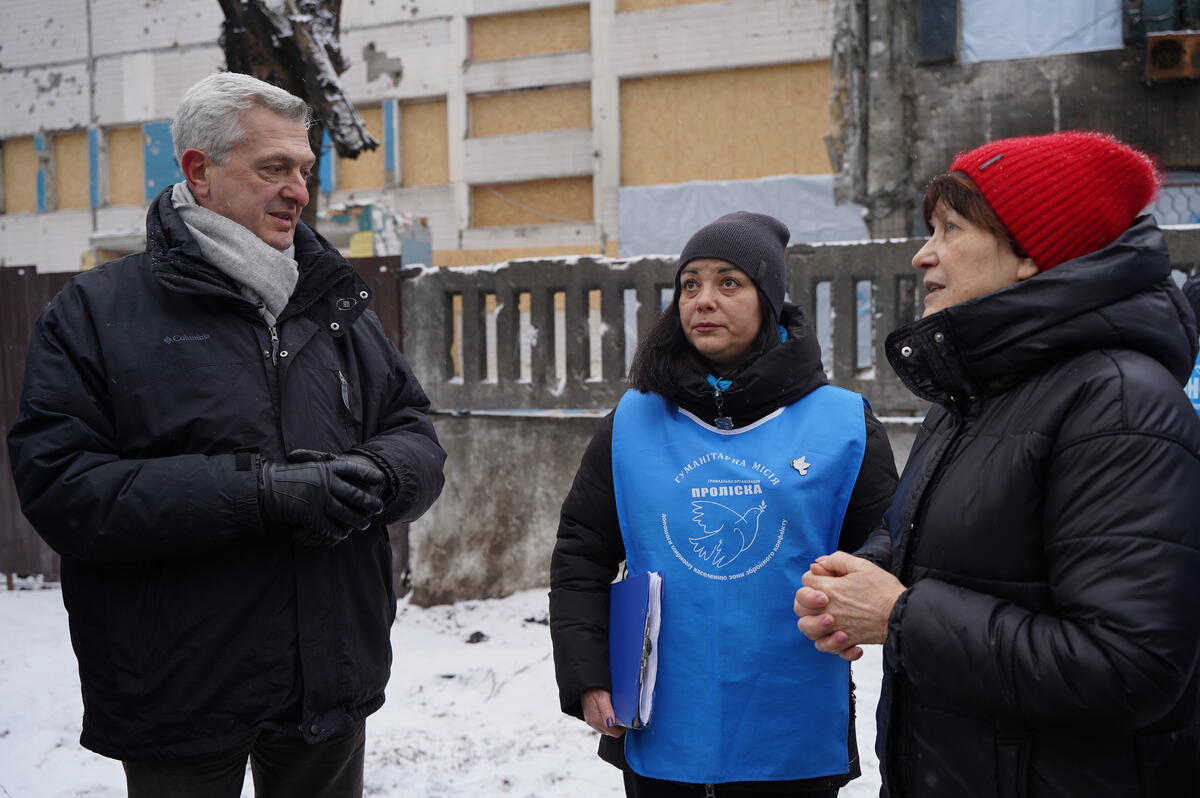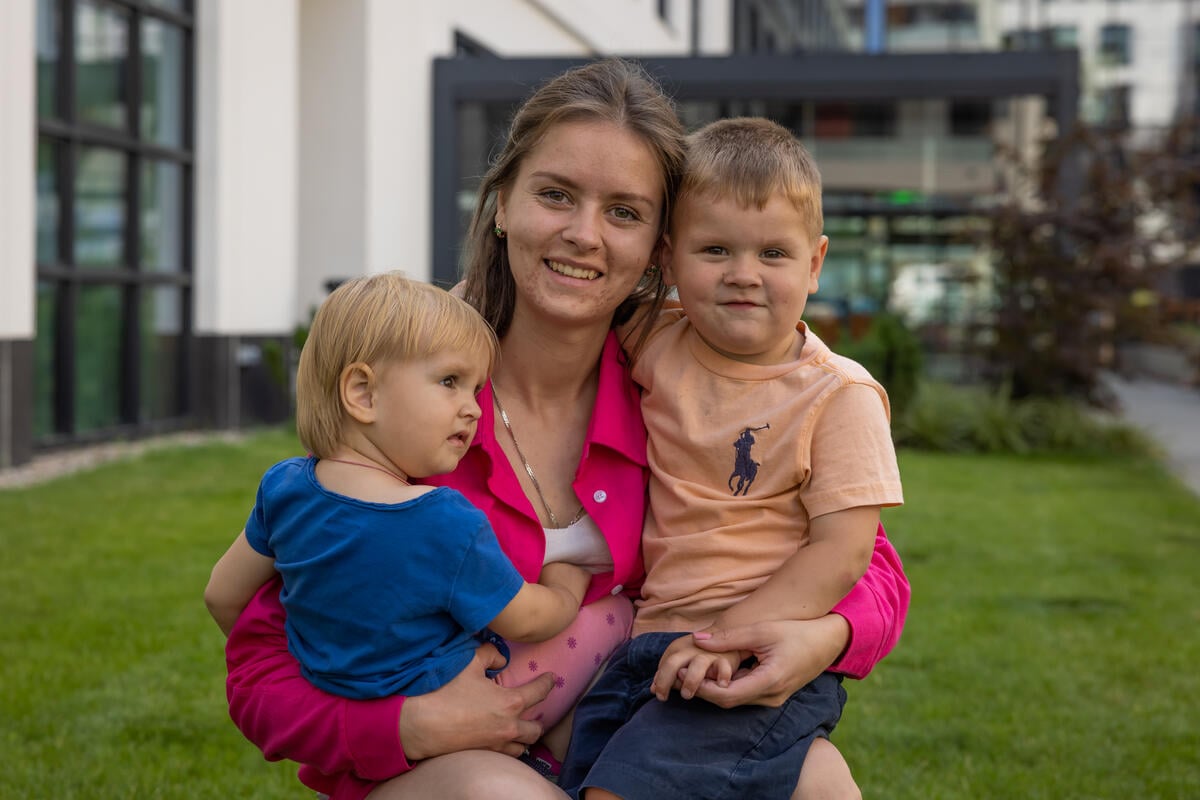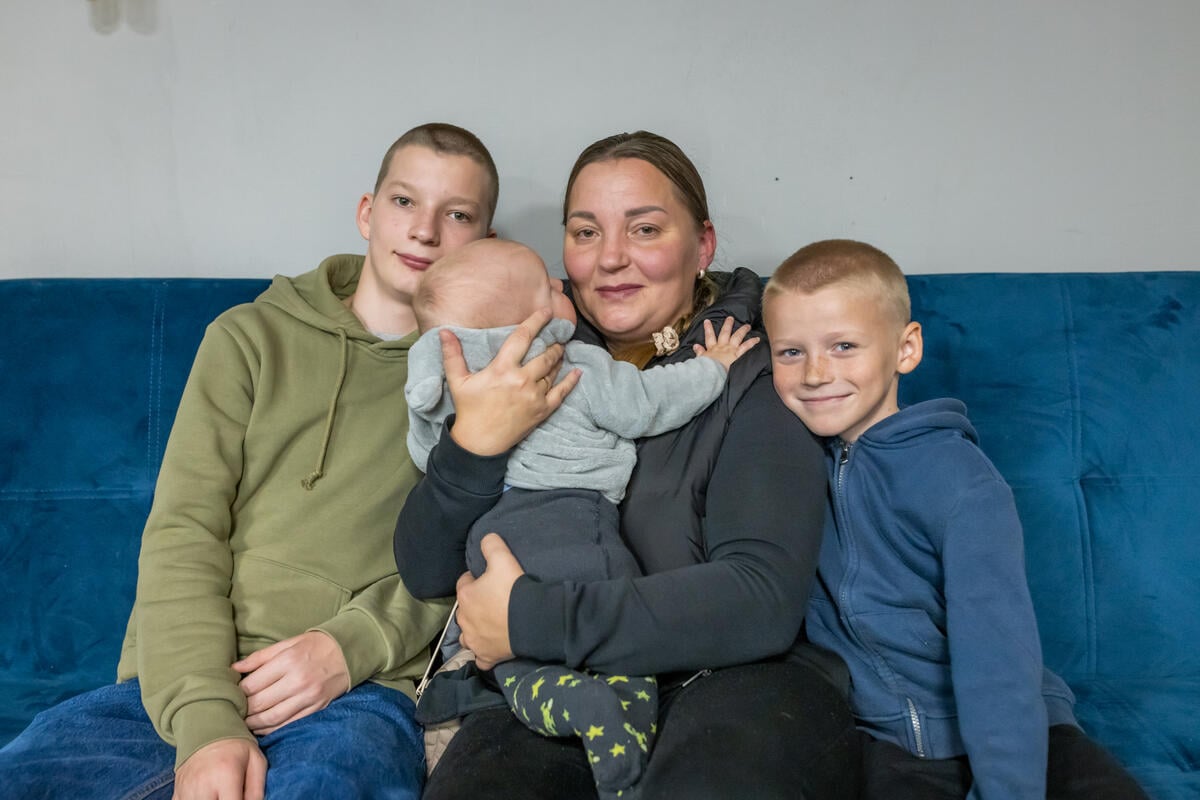High Commissioner to visit Ukraine
High Commissioner to visit Ukraine
The United Nations High Commissioner for Refugees, Mrs Sadako Ogata, travels to Ukraine Wednesday for a three-day visit focusing largely on the reintegration of 260,000 Crimean Tatars deported by the Stalinist regime 50 years ago.
In talks with President Leonid Kuchma and other officials, Mrs Ogata will urge rapid implementation of new legislation enabling Crimean Tatars who are now stateless to become Ukrainian citizens.
Among the Crimean Tatars, resettled in their traditional homeland in Crimea, southern Ukraine, are up to 70,000, who are either stateless, or at risk of becoming so. Many returned from Uzbekistan. Ukraine insists they renounce Uzbek or other citizenship before being considered for Ukrainian citizenship.There are no guarantees this will be granted.
Meanwhile, Uzbek law rules that Uzbeks living abroad can lose citizenship if they do not register with the local Uzbek Embassy within five years. Like many other countries, Ukraine and Uzbekistan do not allow dual citizenship.
"The plight of these people is desperate." said Jozsef Gyorke, UNHCR's representative in Kiev. "Many are living in abject poverty on the fringes of society. Around 40 per cent of returning Crimean Tatars are unemployed. Until they receive Ukrainian citizenship they cannot have access to free higher education, government jobs or take part in Ukraine's privatisation process."
Earlier this year the Ukrainian government amended its laws to accelerate the citizenship application procedure for the Tatars and other ethnic groups exiled during Stalin's rule.
UNHCR is setting up citizenship processing centres across Crimea. It is already providing shelter for 4,000 of the most destitute Tatar returnees.
During the trip - her first to Ukraine - Mrs. Ogata will visit UNHCR's reintegration projects in Crimea and centres for thousands of refugees from other countries. The High Commissioner will congratulate the Ukrainian government on its rapid adoption of asylum laws, and the recognition of almost 2,000 refugees in the past year. This makes it a model for the entire region. On September 5 she will attend the launch of a joint UNHCR/UNESCO art and culture programme to promote tolerance and reconciliation among Ukraine's ethnic groups.
The Tatars, whose mass return has stretched Ukraine's limited economic resources to the limit, say they are targets of harassment and violence by other ethnic groups.
They were among some three million people forcibly removed from their homes across the former Soviet Union between 1936 and 1952. Some half a million Crimean Tatars were crammed into cattle wagons and relocated to Central Asia and Siberia. Around 260,000 have now returned to Crimea, mostly since the collapse of the Soviet Union in 1991.








